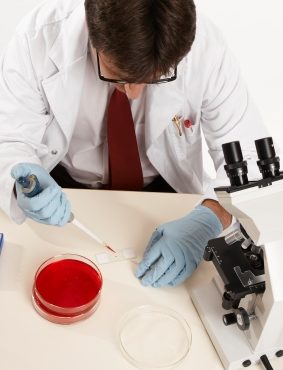Novartis says it plans to submit its pill containing a microchip to European regulators within 18 months.
The “smart-pill” is a silicon and metal digestible tablet with a sensor in it. The pill is activated by stomach acid after being ingested and it is able to transmit data using wireless or Blue-tooth connections to a patch worn by the patient. From there the data is sent to a doctor’s smart phone or computer.
Novartis is using this technology on a drug that has already been approved used to prevent organ rejection in transplant patients. Novartis is attempting to incorporate this sensor-based technology into other medications, such as medication for cardiovascular problems, and medication for tumours.
It is anticipated that once the sensor-based technology is approved, the Smart Pill will be used in other drugs. In the future, variations on the Smart Pill will be able to collect data on a patient, instead of just helping treat already known problems. The Smart Pill will be able to collect data on the patient’s heart rate, body movement and temperature. Being able to collect information like this will also allow the pill to tell how well a drug is working.
The company spent 24 million dollars on exclusive worldwide rights to using sensor-based technology. There is plenty of fierce competition to bring an “intelligent” drug to the market. A company known as Philips is still working on the “IntelliCap” which was first showcased in 2008.



